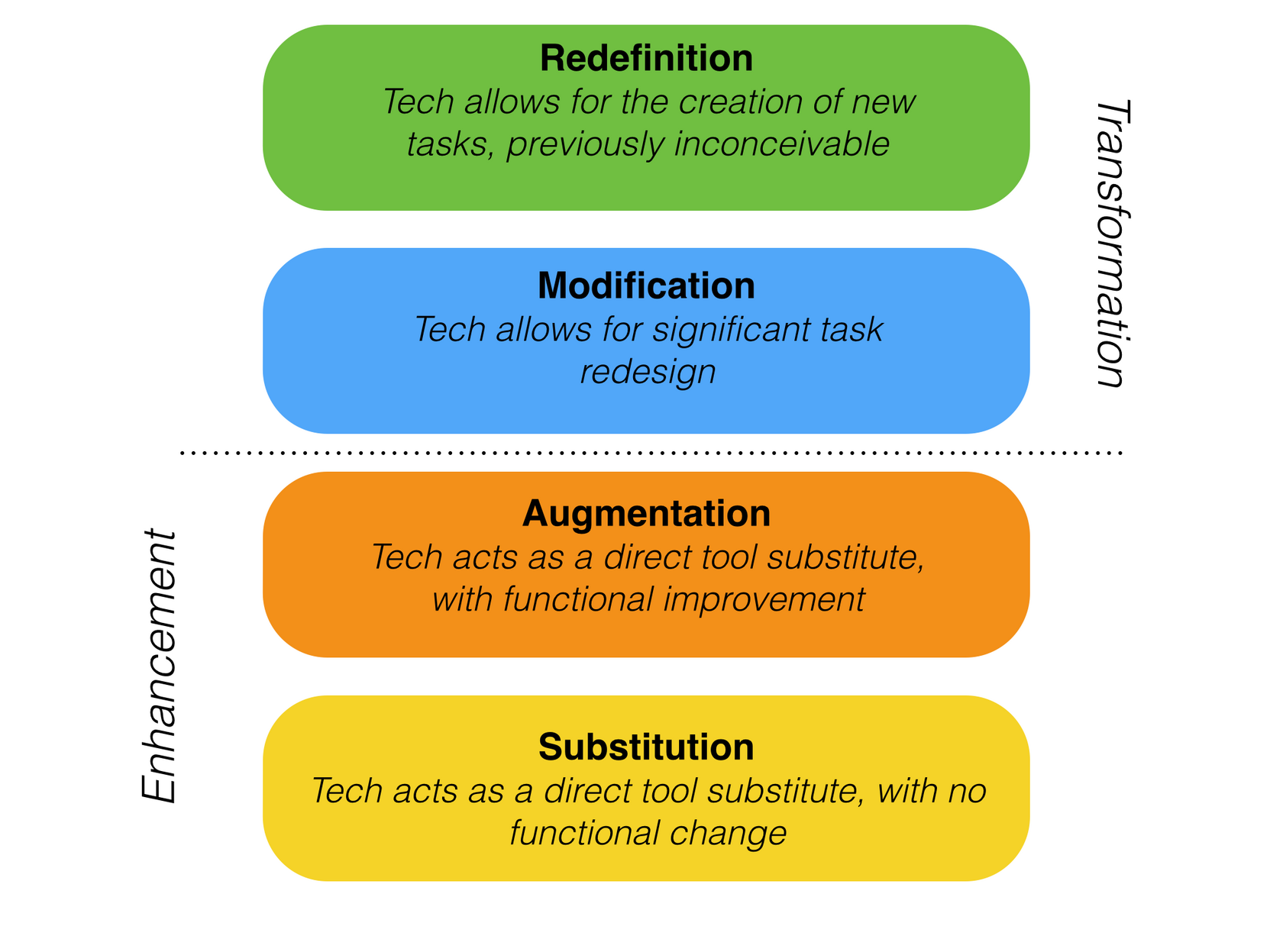Reimagining assessment practices using AI tools

Last week, I replied to someone who was concerned that AI tools such as ChatGPT meant students might not learn to ‘think for themselves’. When I responded that, as a parent and former teacher, I would hope that this means reimagining assessment practices, they asked what I meant. I explained, and they said they hadn’t thought about it like that.
So I thought I’d quickly capture the points I made in that thread so I can easily refer to them again in future.
If we zoom out and think about what we’re doing when we’re trying to help people learn things, then we need to know:
- Where learners are currently at in terms of their current knowledge and skills
- Where we want them to be at in terms of those knowledge and skills
- What they’re interested in learning and how they’re interested in doing so
The third of these is usually sacrificed for the sake of efficiency (think: large classrooms). However, the crux of learning is feedback, and the more personalised the better. I’ve been using ChatGPT with my son for revision purposes, and it can be used as an excellent tutor, giving precise feedback.
So when we’re talking about reimagining assessment practices, we’re really talking about personalising learning in a way that allows individuals to achieve their own goals, as well as those that society wants them to achieve.

Right now, we’re augmenting an existing system using new tools. Hence the worry about exams and essays. But once we go back to what we’re trying to achieve here, we’ll realise that AI and other new technologies allow us to personalise learning and provide tighter feedback loops. Which was the point all along! 😄

